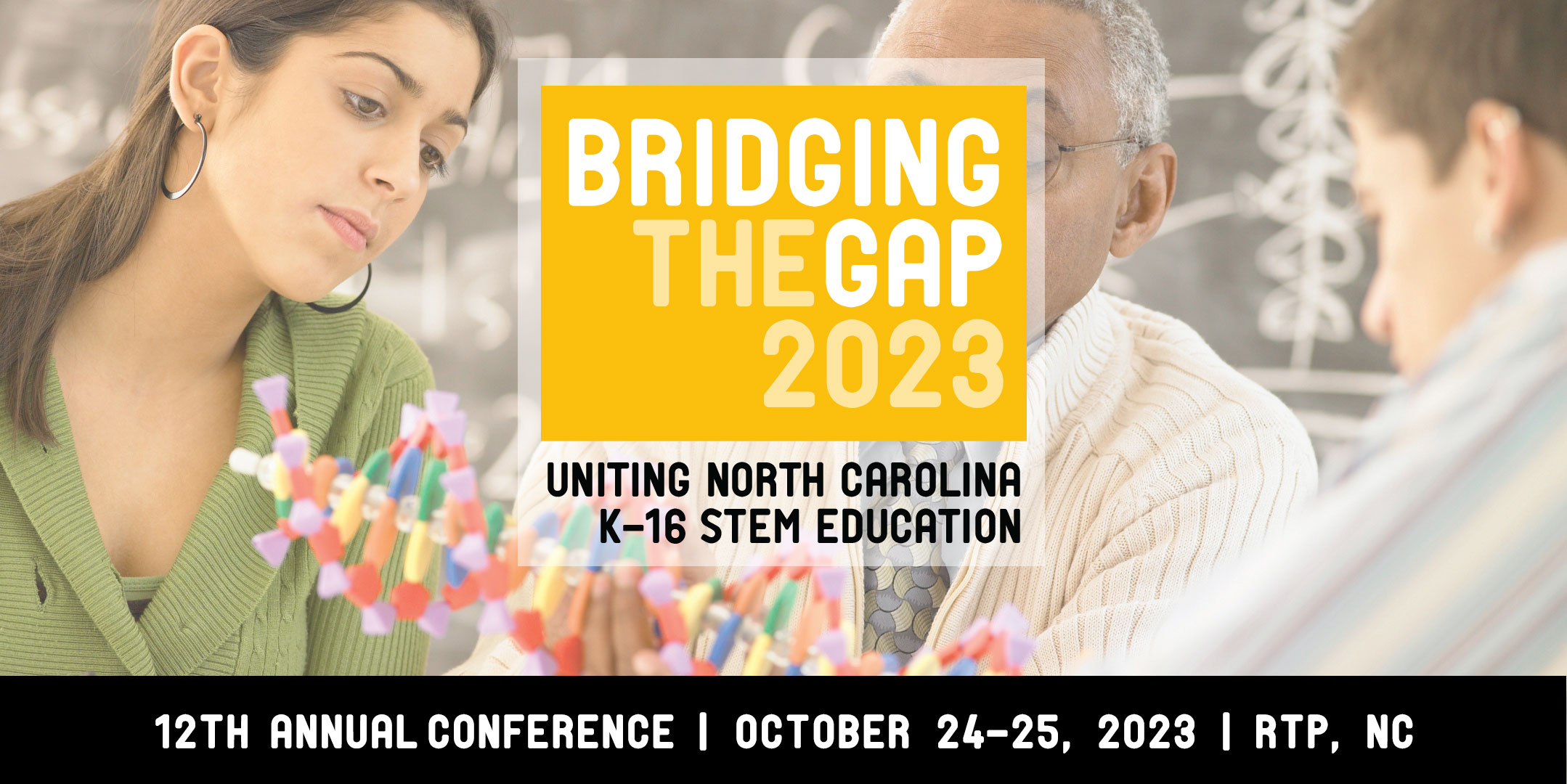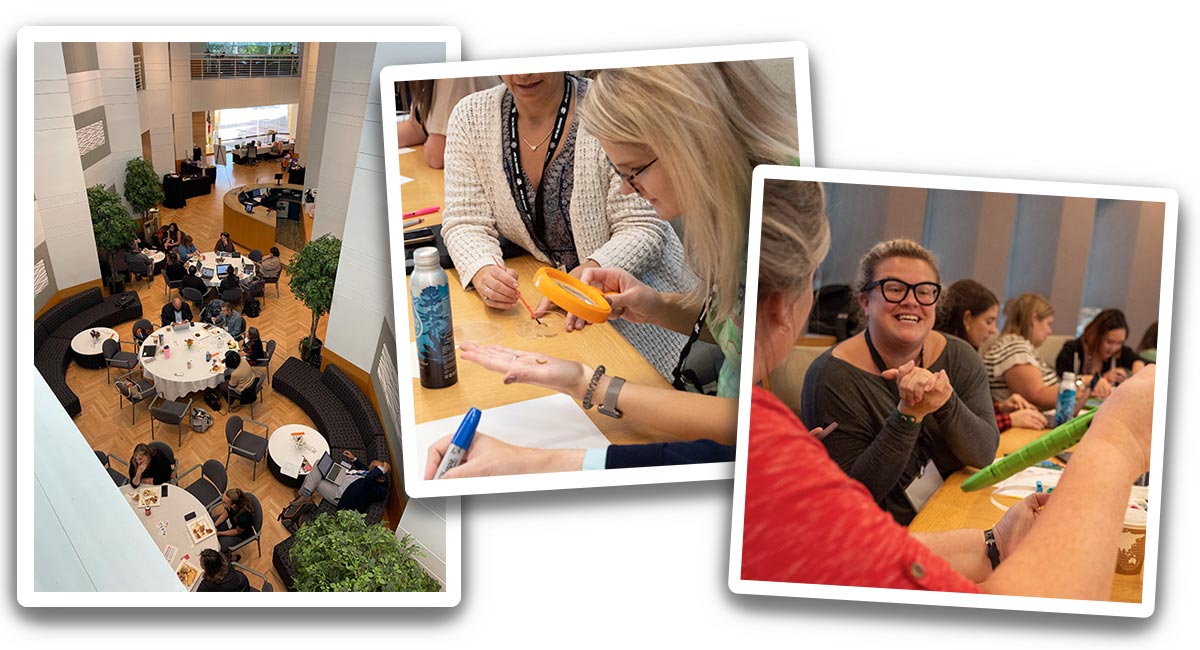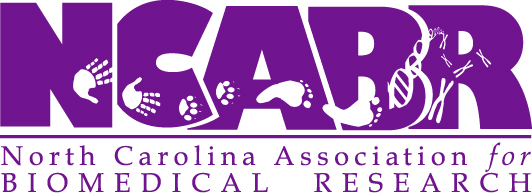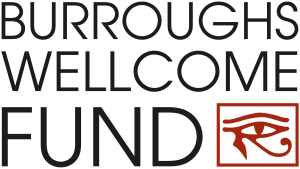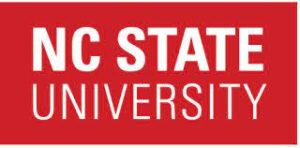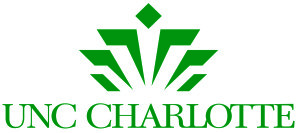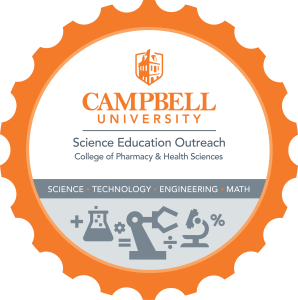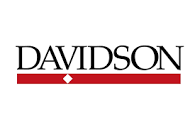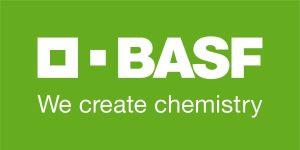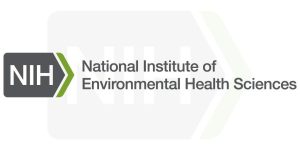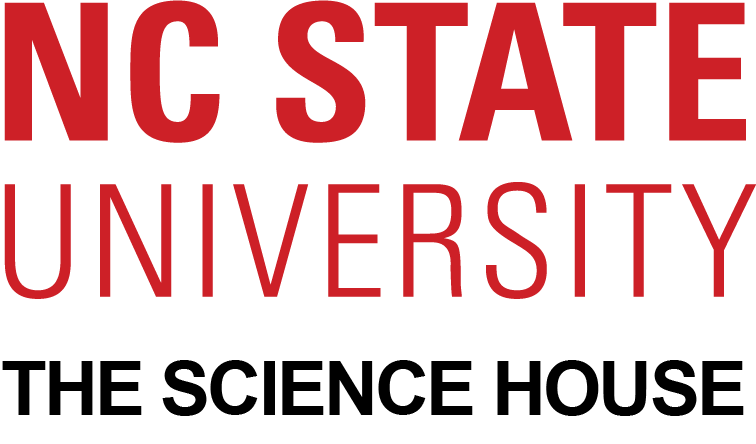The 2023 Bridging the Gap conference will be held October 24-25 at the North Carolina Biotechnology Center in Research Triangle Park.
Bridging the Gap is an annual conference whose goal is to strengthen K-16 STEM education throughout North Carolina.
Bridging the Gap brings together educators, business leaders, government officials and others who play a role in STEM education to share ideas and resources to ultimately fortify and diversify our state and nation’s STEM workforce pipelines. Since 2012, more than 3,790 STEM stakeholders from North Carolina and beyond have attended.


